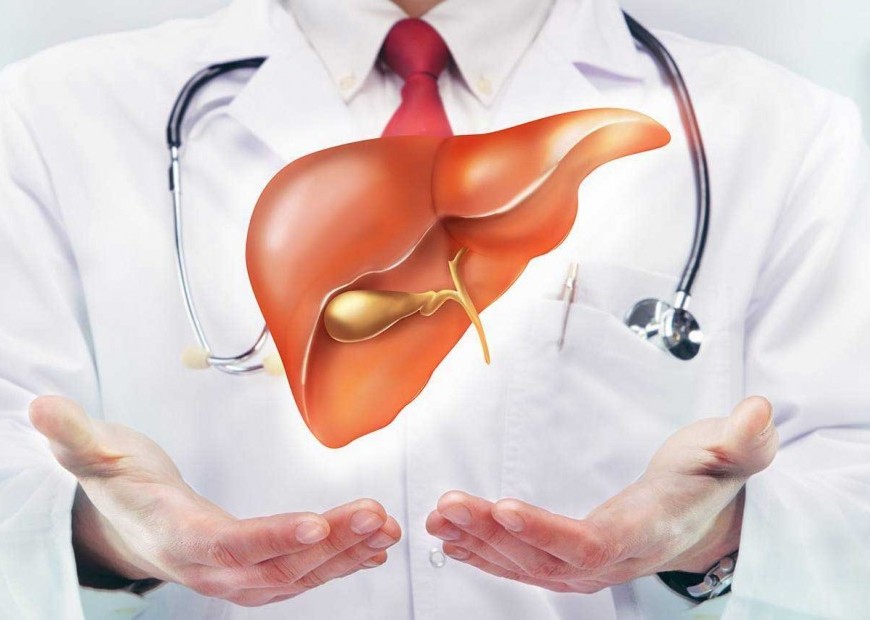
Liver Transplantaion
Liver transplantation is considered when the liver no longer functions adequately (liver failure). Liver failure can occur suddenly (acute liver failure) as a result of infection or complications from certain medications or it can be the end result of a long-term problem.
In the surgery the diseased or damaged liver is replaced with a liver from a donor who has died. In some cases, a portion of the liver of a living, related donor may be used.
A liver transplant is done to treat a liver that is not working and cannot be fixed. This may be caused by:
- Cirrhosis
- Hepatitis A , B , or C
- Alcoholic liver disease
- Primary biliary cirrhosis
- Primary sclerosing cholangitis (disease of the bile ducts)
- Sudden liver failure
- Congenital defects (eg, biliary atresia)
- Liver tumors
- Metabolic defects (eg, Wilson’s disease )
- Poisoning or drug-induced damage
After the transplant, most patients are able to return to normal activities in 6-12 months
